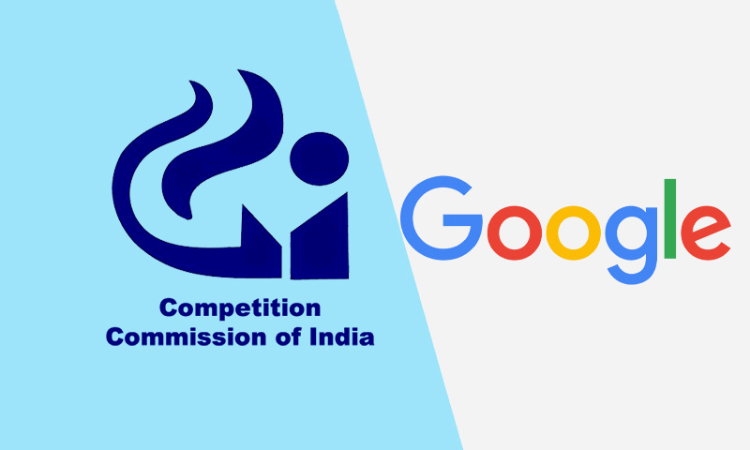The Supreme Court on Thursday refused to interfere with the order of the National Company Law Appellate Tribunal which refused to stay the order of the Competition Commission of India (CCI) which imposed a penalty of Rs 1,338 crore on Google India for abuse of dominance in relation to Android eco-system. The matter was heard by a bench comprising Chief Justice of India DY Chandrachud, Justice...

